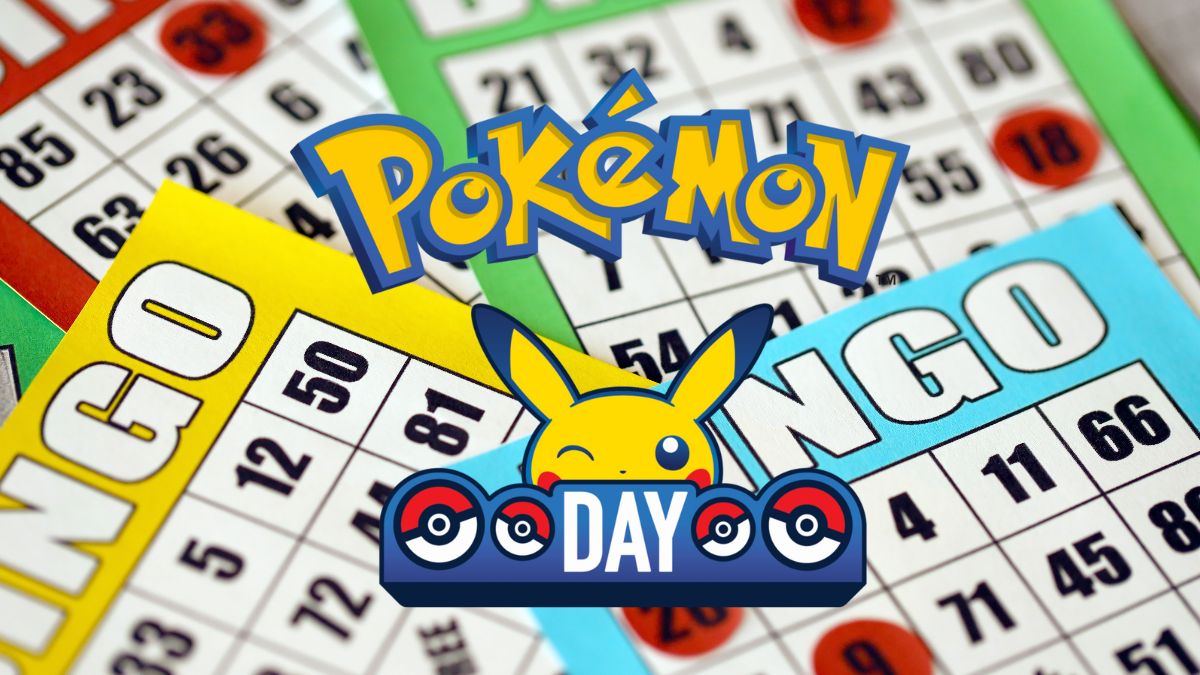American gamers are prone to missing sleep, meals, and showers to keep playing games, a new study reports.
Some players may be taking their gaming habits a bit too far. A new study from Limelight Networks reveals a sizable number of American gamers miss sleep, meals, work, and even showers just to play video games.
The study, which was obtained by The OP, reports 41 percent of U.S. gamers have skipped a meal in order to play video games. Just over a quarter were happy to pass on a shower to keep playing. Most of all, 64 percent of American players were fine with missing sleep to clock in extra time in-game.
While gamers around the world generally skipped out on their daily routine at similar rates, each country’s players had slightly different priorities in mind. South Korean players were the most likely to miss sleep, for example, with 74.4 percent of gamers interviewed saying they sacrificed a good night’s rest for some gaming. However, South Korea’s players weren’t as likely to pass on a meal compared to their American counterparts, with only 28.8 percent reportedly doing so.
Interestingly enough, gamers were least likely to skip out on work to play games. In the U.S., for instance, only 5.6 percent said they missed work to play a game, whereas only 10.4 percent of Japanese gamers did the same. Meanwhile in France, 19.8 percent of players were more than happy to skip their job to play, making French gamers one of the highest demographics to do.
But while gamers are likely to skip out on their sleep, meals, and physical hygeine to keep playing, they won’t come back to websites that have suffered a data breach. Averaging gamers’ responses around the world, 57 percent said they would not continue buying or playing games on a website that suffered a security breach. Only 13.6 percent across the globe said they would keep using a service where an unauthorized user accessed private data. So when in doubt, every company should protect its users’ personal identification information.
Limelight Networks also discovered that young adult gamers generally spend more time watching others play games than traditional sports. The study raises some promising questions about esports’ future, particularly when it comes to growth among gamers in their early 20s and late teen years.
The study’s data came from a consumer panel survey of 3,000 respondents across France, Germany, Japan, South Korea, the U.K., and the U.S. 500 respondents were tallied across each country, and respondents replied to the survey between Jan. 12 and Jan. 14, 2018.









Published: Mar 29, 2018 12:24 am